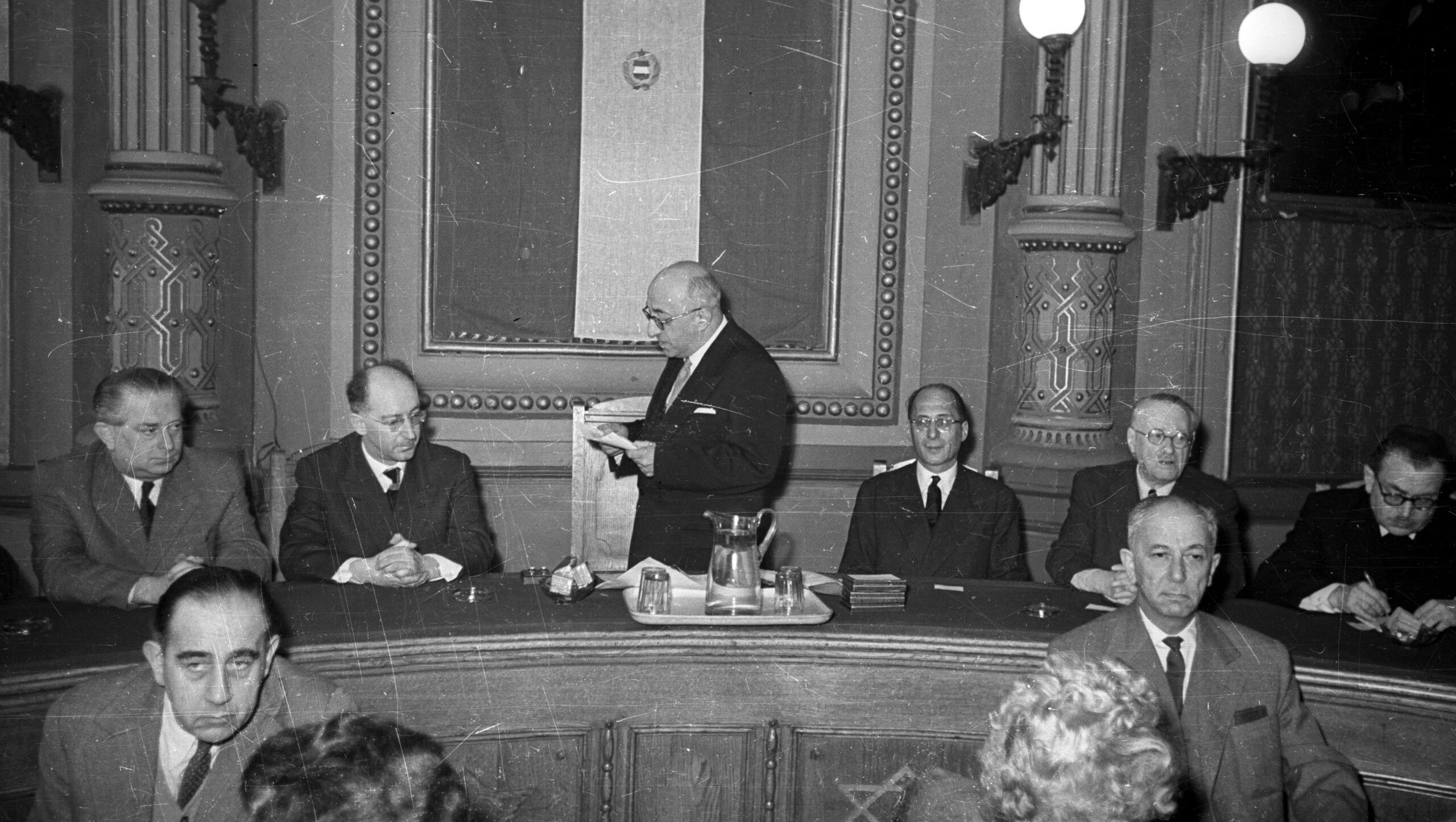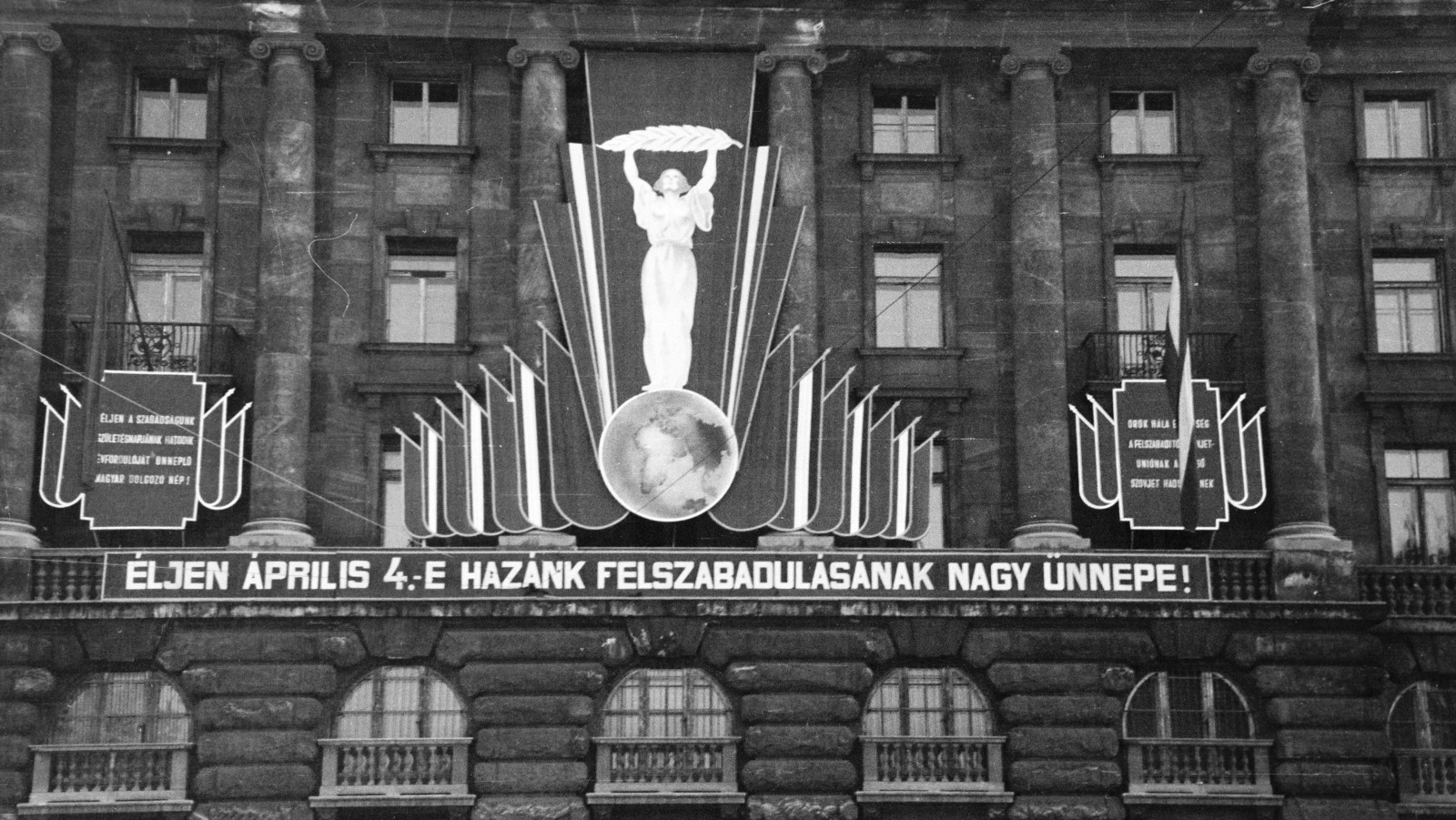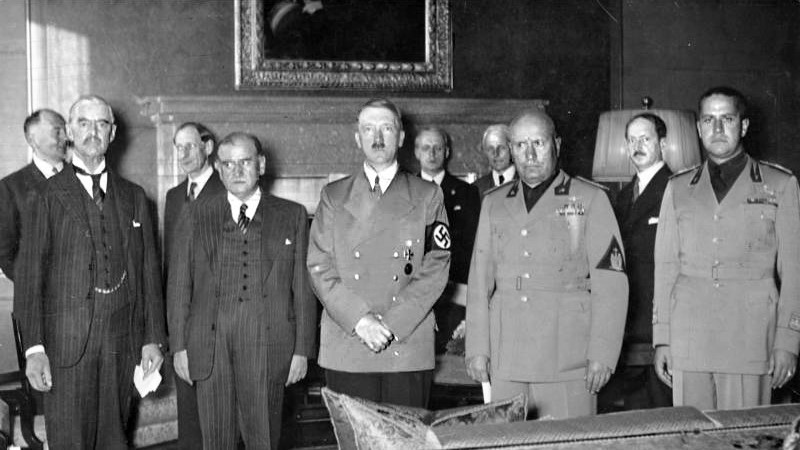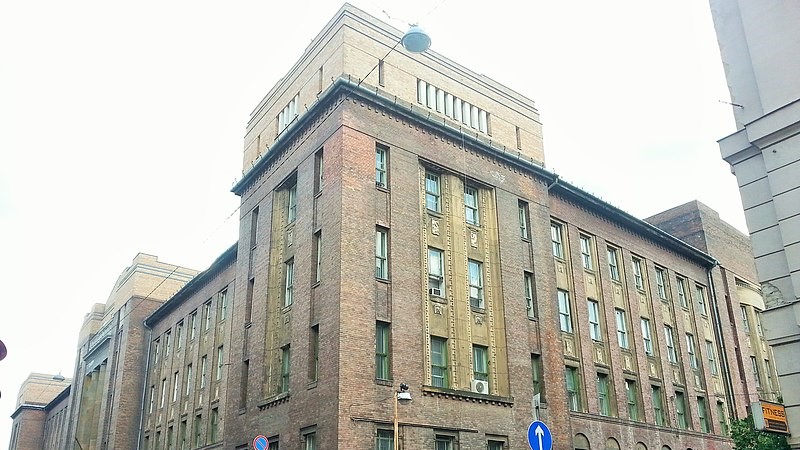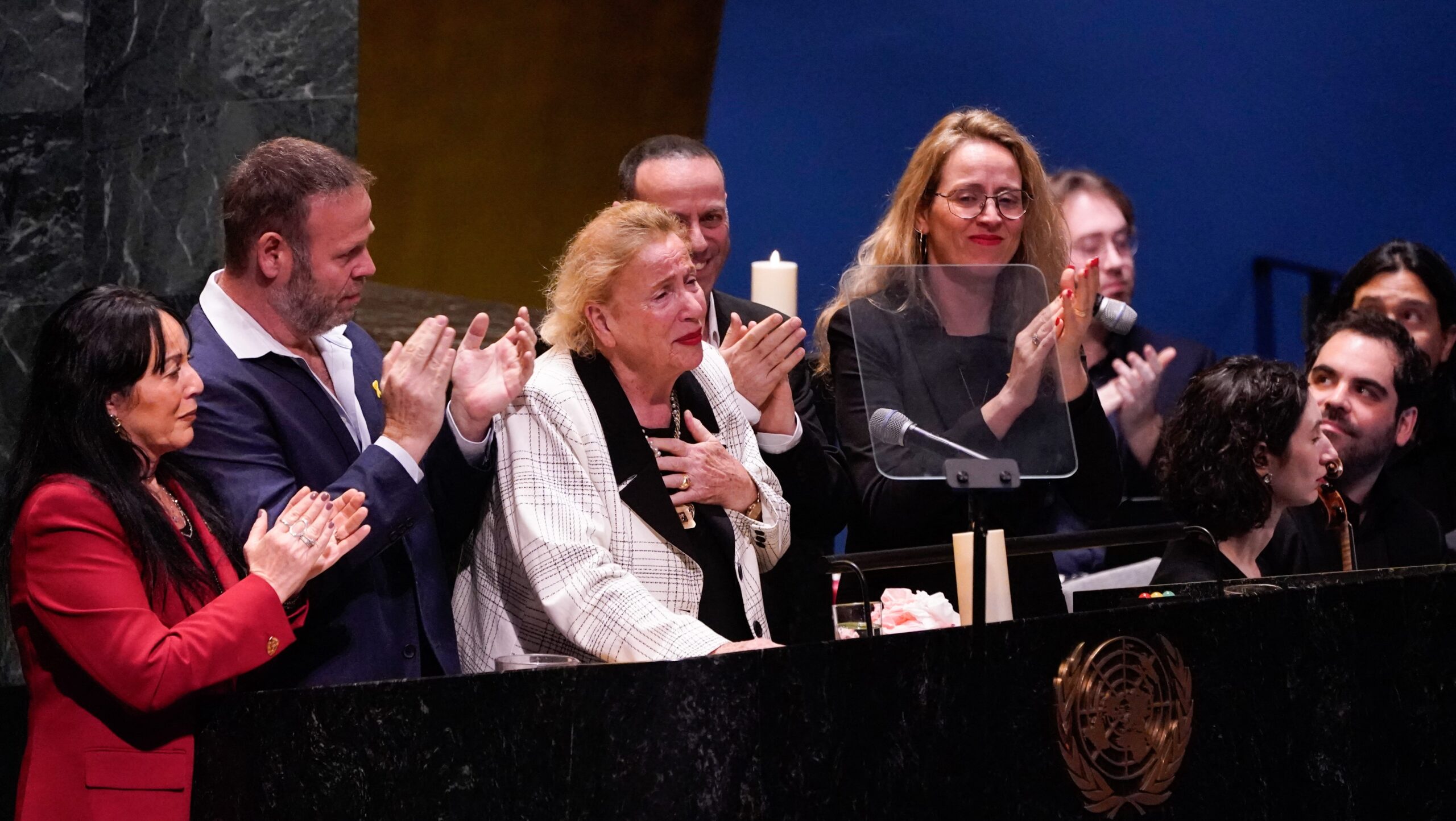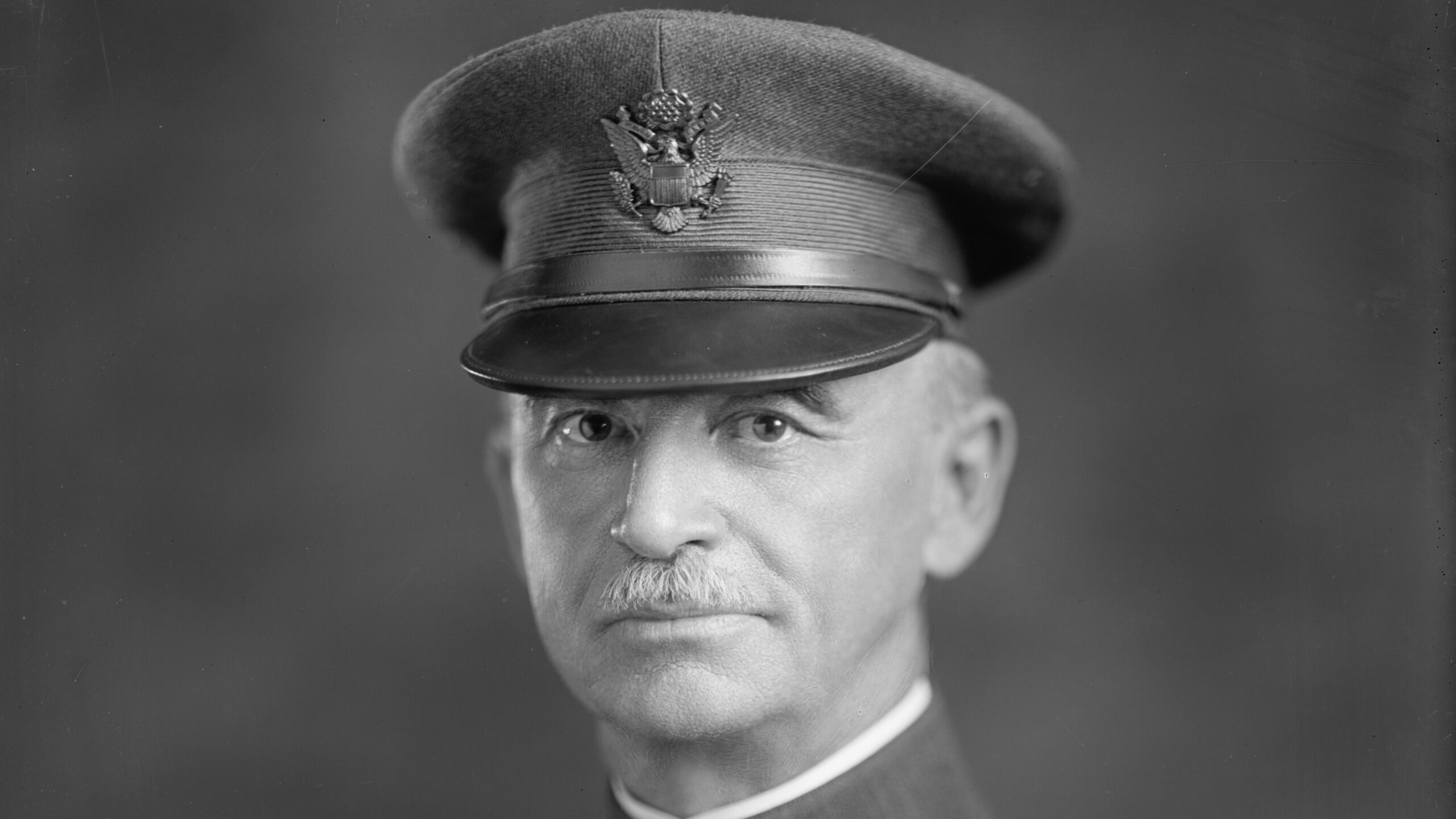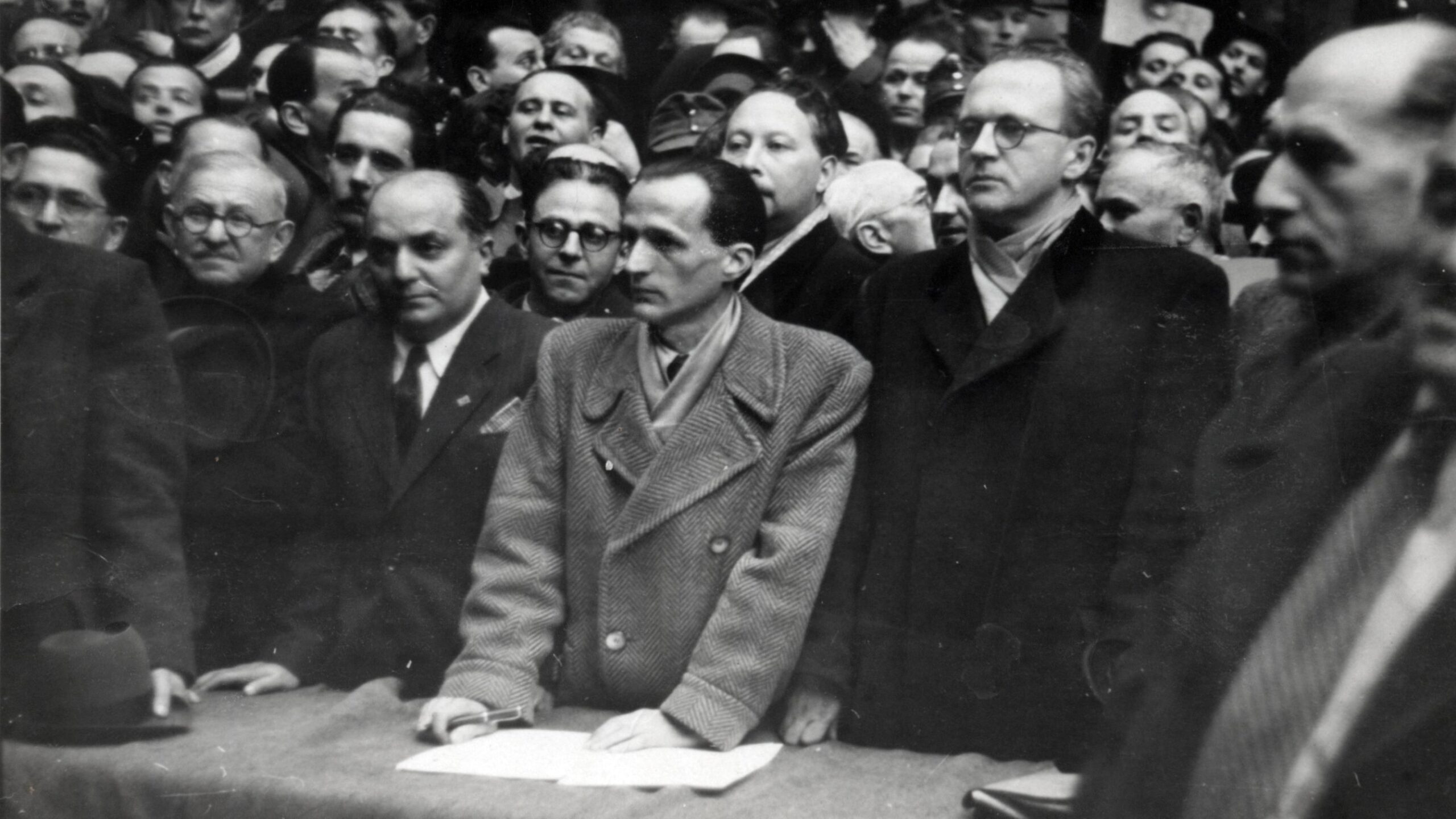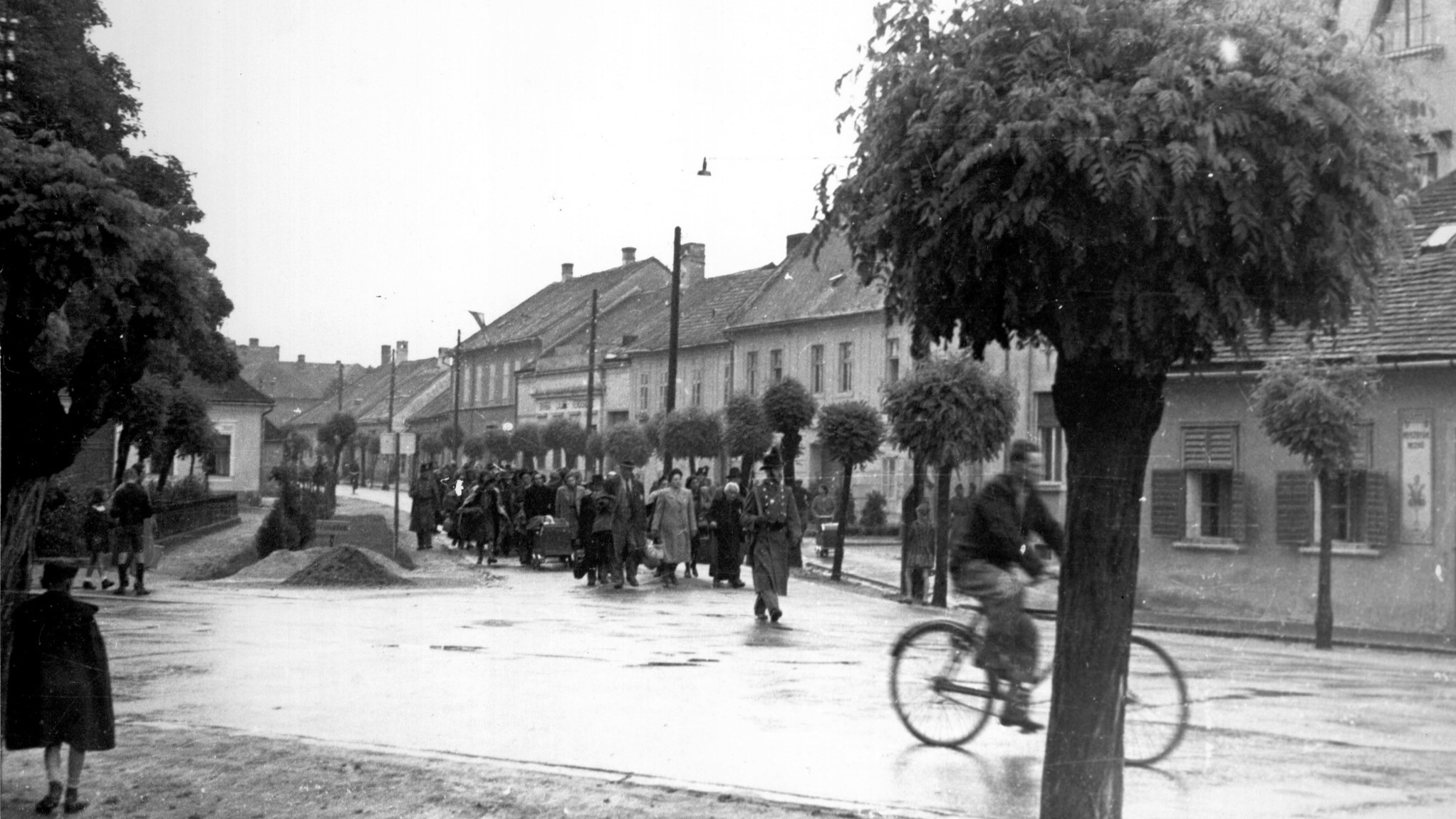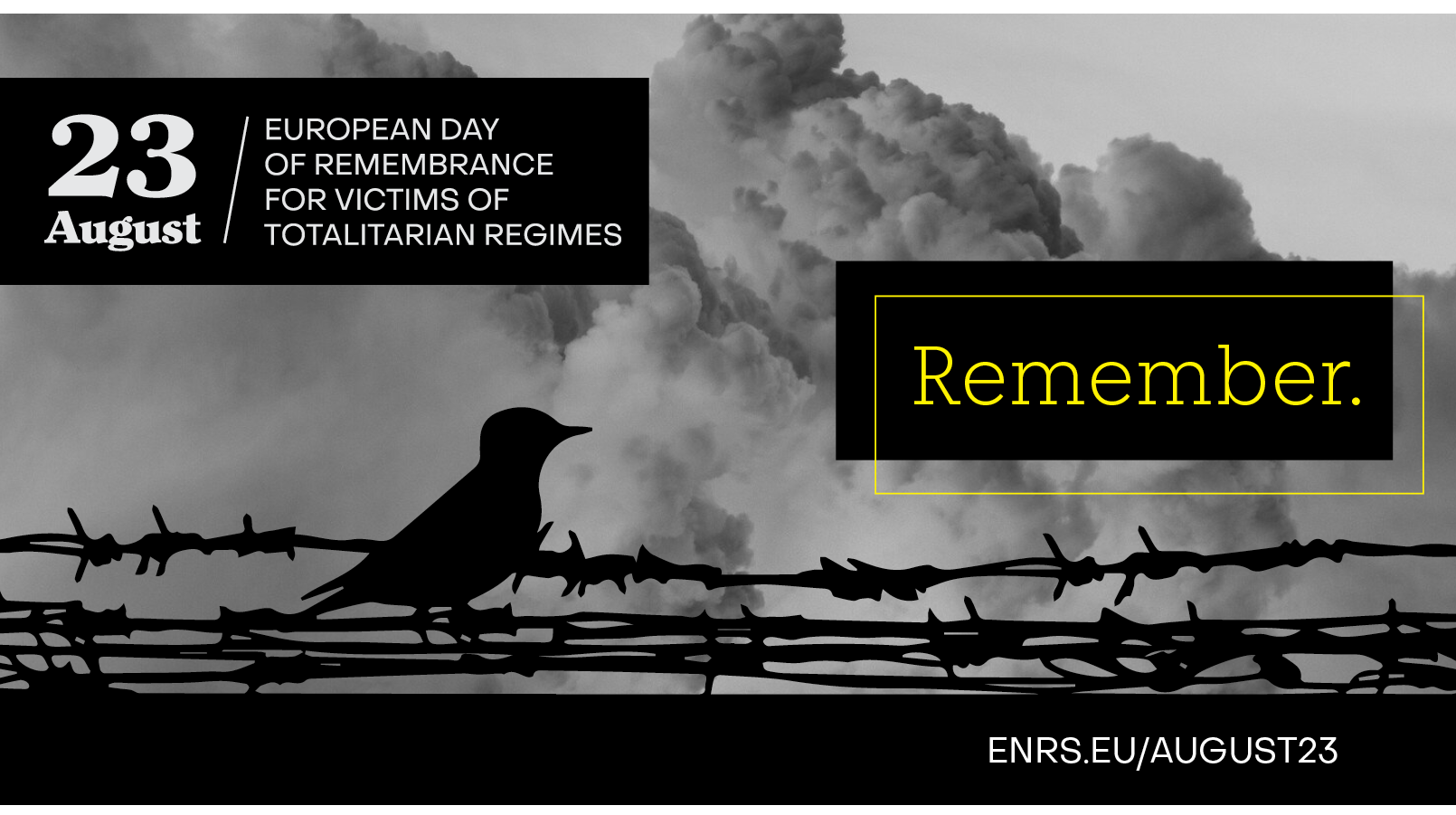
Hungary Condemns Growing Anti-Israel Mood on Holocaust Memorial Day
‘The normalization of the targeting of Israel leads to the normalization of the targeting of Jews,’ State Secretary Péter Sztáray warned during a commemoration held on Holocaust Memorial Day. Between 1941 and 1945, approximately 564,000 Hungarian Jews were murdered by Nazi Germany and its collaborators, representing more than two-thirds of the country’s Jewish community at the time.

